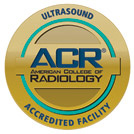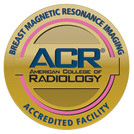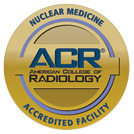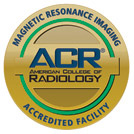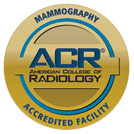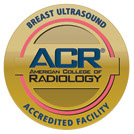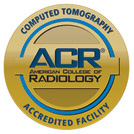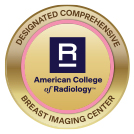The head is one of the most fragile parts of the human body. When our heads experience trauma or injury, it’s important to have the problem examined and treated by a professional right away. To assess internal damage, magnetic resonance imaging (MRI) is often required to see detailed images of the brain and skull. At Midstate Radiology Associates, we offer MRI to evaluate head injuries and abnormalities.
What Is a Head MRI?
MRI uses a magnetic field and radio frequency to produce images of internal structures. Detailed pictures of organs, tissues and bones appear on a computer screen for analysis. When the head is being examined for damage, our radiologists may detect a number of benign or serious abnormalities using this imaging method.
Who Should Have This Procedure?
If a patient has been experiencing unexplained pain, seizures or headaches, an MRI may be recommended. Magnetic resonance imaging of the head may help diagnose conditions like:
- Brain tumors
- Stroke
- Infections
- Hemorrhage
- Eye and ear disorders
- Multiple Sclerosis
- Aneurysm
Early detection of these health complications can be crucial to successful treatment. MRI is an invaluable tool to help get ahead of serious and chronic medical conditions.
What You Can Expect
Before an MRI, consult your imaging center for any dietary restrictions. On exam day, you will be asked to remove any metal objects, including jewelry and glasses, that could interfere with results prior to the MRI.
Tell the technologist about existing health problems, if you may be pregnant or any medical devices in the body prior to scheduling. Also let the technologist know if you are claustrophobic. At Midstate Radiology Associates, we do our best to keep patients comfortable and reduce anxiety. Your doctor may order the MRI with an injection of intravenous contrast dye which could aid in the diagnosis of certain abnormalities.
During this noninvasive procedure, the patient is positioned on a moveable table and placed into the MRI unit, where a device is put around the head and the necessary images captured. The radiologist will then analyze the images and give the patient a diagnosis.
Does a Head MRI sound like the right procedure for you? Contact us to make an appointment today!





